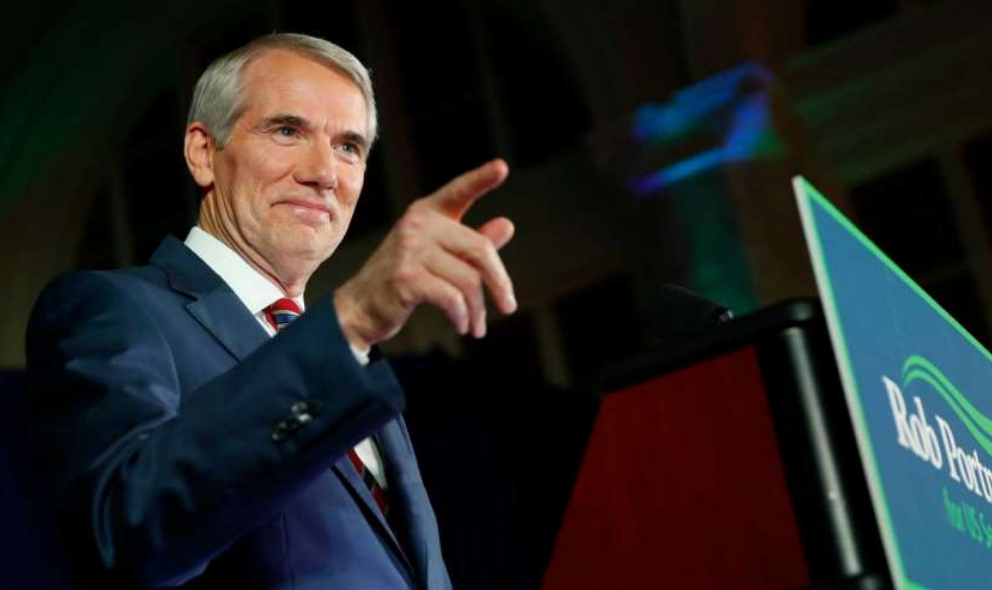By Olivia Lease, Transcript Correspondent
Newly elected President Donald Trump has big plans in terms of energy policy for when he is sworn into office
in 2017. Those plans include expanding employment opportunities and moving toward energy independence as a nation.
In terms of the environment, though, expect continued use of conventional energy sources, in particular, fossil fuels such as coal and oil and newer sources such as natural gas.
Despite previously stating that climate change was a hoax perpetrated by the Chinese and then denying this statement,
Trump will be making an effort to limit greenhouse gas emissions such as CO2, NH4 and nitrous oxides. The main effort being to look into and utilize what his experts expect to be “hundreds of years in clean coal reserves.”
In a National Geographic article from 2014, it was found that burning coal with little to no emissions (most being captured and stored), most commonly phrased as “clean coal” is possible in theory but as a long-term practice on a wider scale, not so much.
At a rally in Michigan on Oct. 31, Trump said, “We’re going to put America first. That includes canceling billions in climate change spending for the United
Nations, a number Hillary wants to increase, and instead use that money to provide for American infrastructure including clean water, clean air and safety.”
A relatively untouched topic during the presidential campaign trail, environmental policy may be coming to the forefront in the wake of the Paris Agreement signed by President Obama in April 2016.
The Paris Climate Agreement was established within the United Nations Framework Convention on Climate Change (UNFCCC) dealing with green- house gases emissions mitigation, adaptation and finance starting in the year 2020.
Trump plans to cut ties with the agreement he said at a rally in Bismark, North Dakota on May 26, 2016. He claimed Obama entered the Paris Agreement without the permission of Congress and that because of this and a few other factors, he will back out of the deal.
By cutting all federal spending on the issue of climate change, Trump will save $100 billion over two terms in office in an effort to “cancel all wasteful climate change spending,” he said.
While in office, Trump plans to reduce and eliminate all barriers to what he called “responsible energy production,” creating at least a half million jobs a year, $30 billion in higher wages and cheaper energy.
According to his site, Trump will “unleash America’s $50 trillion in untapped shale, oil and natural gas reserves, plus hundreds of years in clean coal reserves.”
Trump plans to look into different means of safely extracting coal, shale, natural gas and oil with plans of opening onshore and offshore leasing on federal lands, eliminate moratorium on coal leasing, and open shale energy deposits.
With Tump in the Oval Office, expect a lot more carbon dioxide polluting the atmosphere.



